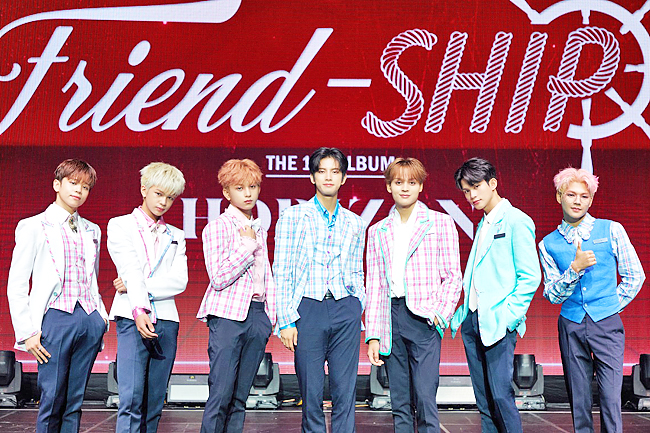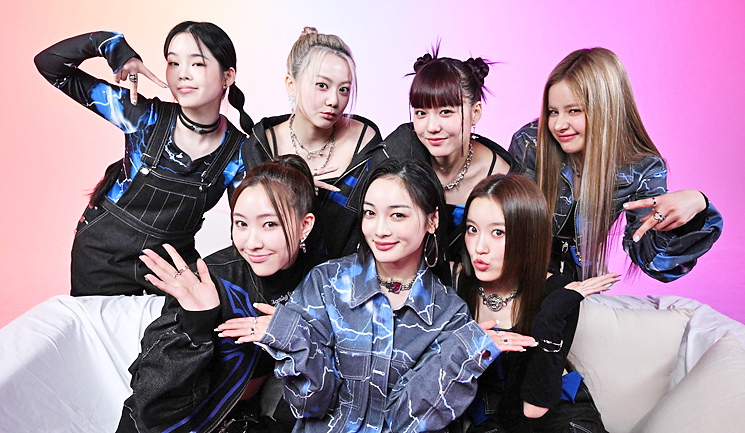ANN/THE KOREA HERALD – The landscape of K-pop is undergoing a transformative shift, with Korean labels increasingly embracing non-Korean talent to diversify the genre. Groups like XG and Horizon exemplify this trend, with both achieving remarkable success in Korea and on the global stage.
XG, an all-Japanese girl group, was brought together by the Korean label XGALX and Horizon is a K-pop boy group comprising entirely of Philippine members, fostered by MLD Entertainment are successful examples of foreign artistes garnering popularity in South Korea and abroad through K-pop music.
XG is a seven-member group that debuted in Korea in March last year with the single Tippy Toes.
The members underwent five years of training under the K-pop training system led by the chief producer Jakops.
The group made a name for itself with its K-pop single GRL GVNG topping Billboard’s Hot Trending Songs powered by Twitter chart, and iTunes’ chart in 13 different regions.
Recently, it has been promoting its first EP New DNA on local TV music programmes and also took part in KCON LA 2023 as performers.



Horizon also consists of seven members who were brought together through the Filipino TV audition program Dream Maker, jointly launched by MLD and Filipino TV broadcaster ABS-CBN. The band then went through some 100 days of K-pop training before setting foot on the K-pop scene with its first LP Friend-Ship.
Horizon is promoting its music in Korea and the Philippines, where K-pop is popular.
Not only are K-pop groups created with foreign members by Korean labels contributing to the expansion of K-pop’s reach but also overseas groups that are coming to Korea to learn K-pop to introduce their own K-pop music.
Popular Indonesian girl group StarBe released the Korean-language single Bang early this month, following a month of K-pop idol training in Seoul.
“We enjoy listening, dancing, singing and rapping to K-pop, just as many young people in our country. We wanted this opportunity to learn K-pop in Korea, as we hoped to present music that combines the characteristics of K-pop and Indonesian pop music,” said Kezia of StarBe during the group’s press conference in Seoul last month.
Experts said K-pop is no longer about nationality as it has now become a genre itself.
“If you take a look at the history of K-pop, it derived from pop music. But then we threw in some Korean features to turn it into this unique genre. K-pop is becoming a genre, and that is why Billboard created a separate chart for K-pop. It includes everything from music, performance and character establishment of each group member,” said local music critic Chung Duk-hyun.
“Just like how South Korean musicians do diverse music genres such as hip-hop, reggae and pop music, K-pop has now become a genre that can be performed by musicians overseas.” – Hong Yoo

